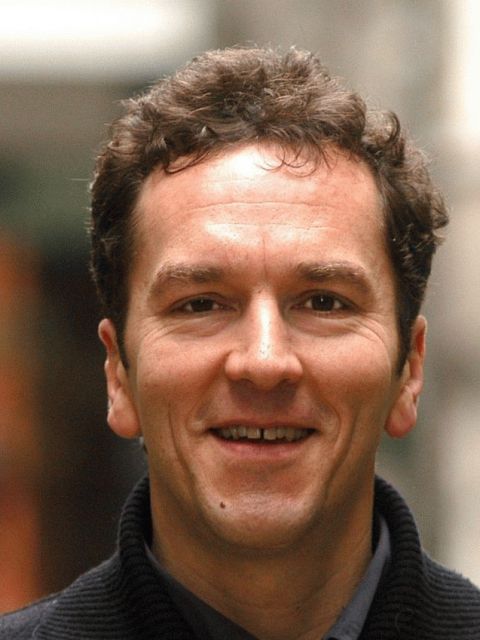There is a growing field called Conversation Analysis (CA), which is the subject of the AQR's In Depth, Summer 2009.
Why should we bother with CA? As Ailean Mills says, it is good to ask if our methods help or hinder "naturally occurring conversation". Consider the questions we typically ask and the role of the moderator in setting the "rules" for the conversation.
The focus in CA is on "naturally occurring conversation", i.e. real-life conversations such as a doctor's interaction with a mother in a clinic. This raises two key questions:
- Should we all be incorporating more ethnographic methods, getting out there and listening to what real people really say (without their realising we are listening in)?
- Can an "artificially created" conversation (i.e. all focus groups and interviews) not contain real conversational elements and, therefore, real insights?
Surely an artificially-produced conversation can be just as revealing as a naturally-occurring one, just as a farm-produced strawberry can be just as nutritious as a wild one. We do have to be very careful about the "production" methods we use. So, how to ensure maximum quality?
Some pointers from the In Depth article:
- Allow free-flowing conversation, letting people talk among themselves
- Don't let the objectives/discussion guide dominate the conversation (see Geoff Bayley's "Is it time to tear up the dicussion guide?" in AQR's online library)
- Let body language and other utterances be part of the conversation
- Pay careful attention to how people use talk to do things like complaining, requesting, agreeing
Should we not also be getting out more? We are supposed to be experts in what "people-as-consumers" say and do, not just in what "people-as-respondents" tell us.
Qualitative ethnomethodologies are "on trend" at the moment. But there is a lot of confusion about what ethnographic means, as Caroline Hayter points out in her excellent introduction to AQR's recent "Ethnography in Action" workshop, and likewise in her article opening the IJMR special issue on ethnography. Doing ethnographic research opens up new avenues for qualitative researchers and starts to take us into new domains. It would be great to see a follow-up piece on some of the more practical aspects of CA, to help us to get more quality from our group discussion and interview conversations. It would be up to us to take clients with us. But that is another conversation.


